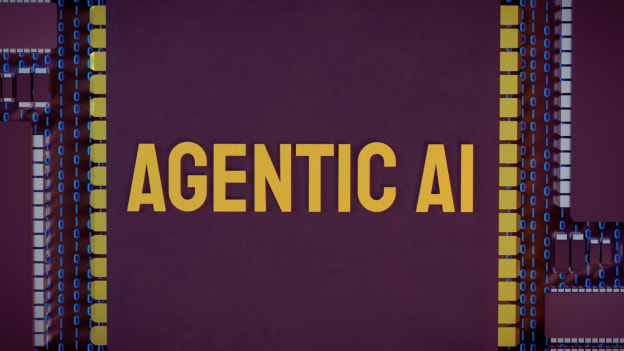More than 40% of agentic AI initiatives to fail within three years: Gartner

Despite the surge in interest and investment, more than 40% of agentic artificial intelligence (AI) projects will be scrapped by the end of 2027, according to a new study released by global research and advisory firm Gartner. The findings signal a stark reality check for businesses caught up in the AI race, highlighting rising costs, a lack of measurable value, and unresolved security concerns as the primary reasons for early-stage failures.
The report, based on a January 2025 survey of 3,412 webinar attendees, reflects growing scepticism and caution among organisations pursuing this emerging AI technology, which refers to intelligent software systems capable of making decisions and executing actions autonomously with minimal human input.
“Most agentic AI projects right now are early-stage experiments or proofs of concept that are mostly driven by hype and are often misapplied,” said Anushree Verma, Senior Director Analyst at Gartner. “This can blind organisations to the real cost and complexity of deploying AI agents at scale, stalling projects from moving into production. They need to cut through the hype to make careful, strategic decisions about where and how they apply this emerging technology.”
Gartner’s survey revealed varied levels of commitment to agentic AI across the enterprise spectrum. While 19% of organisations had already made significant investments, 42% reported conservative engagement, and 31% remained undecided or cautious, opting for a wait-and-watch strategy. A further 8% indicated no current investment plans at all.
This diversity in approach reflects both the potential and the pitfalls of agentic AI. While it holds the promise of transforming decision-making processes and automating complex business operations, the road to adoption is fraught with technical, ethical, and organisational challenges.
A major concern raised in the report was the phenomenon of "agent washing"—a marketing tactic where vendors rebrand existing technologies like chatbots, robotic process automation (RPA) tools, or simple AI assistants as “agentic AI” to capitalise on the trend.
Gartner estimates that only around 130 of the thousands of self-proclaimed agentic AI vendors are delivering truly advanced capabilities. This over-saturation of the market with underdeveloped or mislabelled products is making it difficult for enterprise buyers to discern substance from spin.
“There's a real danger of enterprises being misled by inflated claims,” Verma warned. “Not every tool labelled as an ‘AI agent’ offers genuine autonomy or decision-making capabilities.”
Despite the anticipated cancellations, the long-term outlook for agentic AI remains promising. Gartner projects that by 2028, at least 15% of day-to-day business decisions will be made autonomously through agentic AI—up from 0% in 2024. Moreover, the share of enterprise software applications integrating agentic AI is expected to reach 33% by 2028, up from less than 1% currently.
These figures suggest that while the present moment may be marked by overreach and misapplication, the technology is still maturing and could have a substantial impact on how businesses operate within the next five years.
For enterprises looking to future-proof their operations, Gartner advises a measured, strategic approach: begin with small, high-impact use cases, build internal expertise, and remain wary of vendor promises that outpace current capabilities. The goal is not just automation, but trusted autonomy—AI systems that are not only intelligent but reliable, secure, and transparent.












